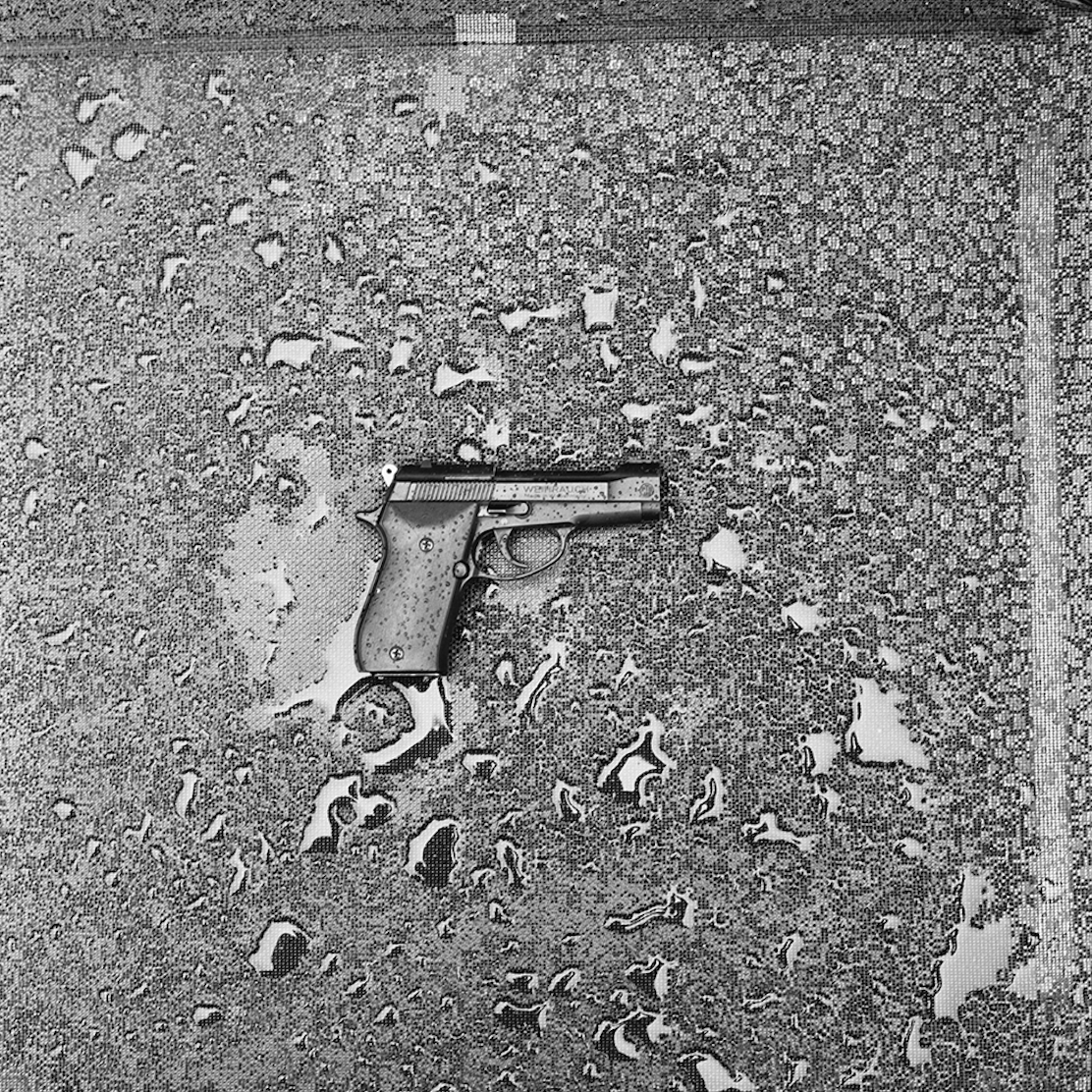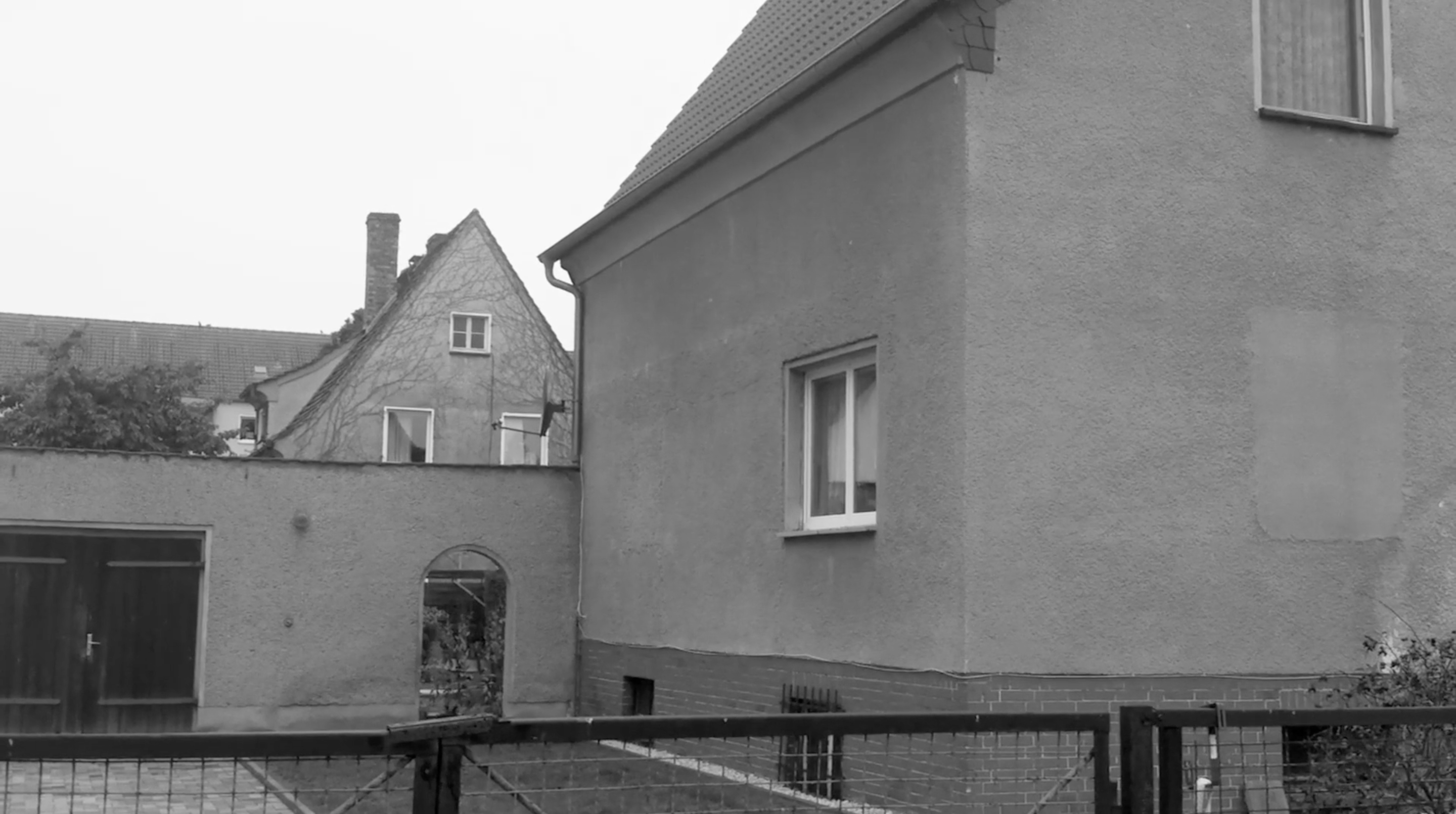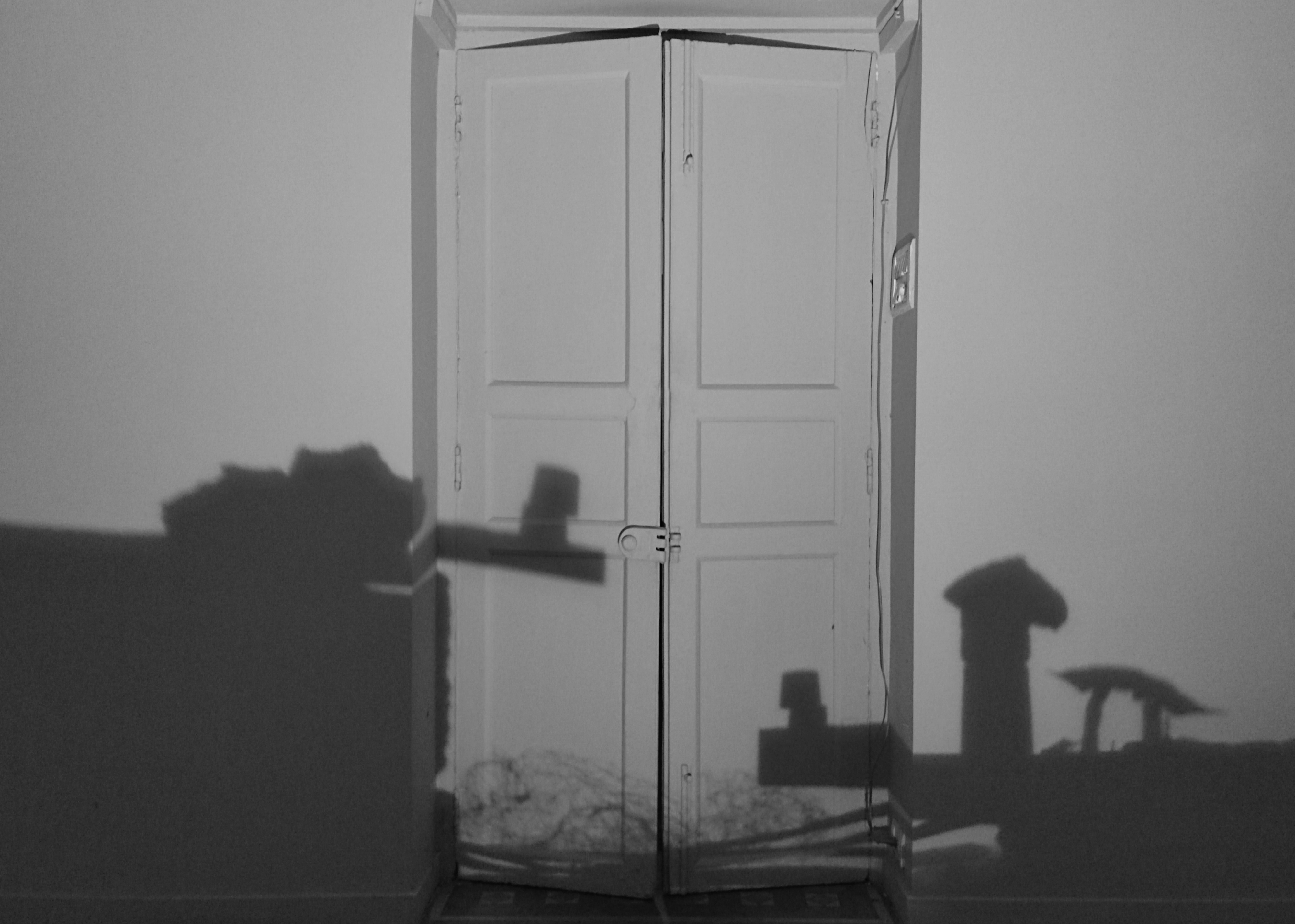Through experimental writing and conceptual photography, my research uses my own biography to investigate the consequences of societal transformation processes in the German Democratic Republic (GDR). The focus is on the period of regime change known as the »Wendezeit« in the late 1980's to the early 1990's in East Germany. I would like to reveal causes for the outbreaks of violence that accompanied this radical shift. The objective is thus to submit critical testimony to the silence about seldom-discussed side effects of the transformation during and after the turnaround which Germans call the »Wende«. Based on the example of (my own) individual history, it demonstrates how authoritarian regimes and structures impacted on three generations of citizens, and how they affected the individuals. Throughout an experimental narrative, outbreaks of senseless violence are treated as side effects of disruptive transformation processes, just as are ambivalent situations in which actors of social change recognise themselves to be simultaneously victims and perpetrators of violent incidents. Since personal memories and historical documents served as the basis of this work, the central challenge of my artistic research was to carve out generalisable elements from individual examples, and to try out and experiment with various textual and photographic formats to find an adequate way to present the research material. The research result consists of an experimental book that portrays the multidimensional nature, polyphony and complexity of the subject, and offers the readers an opportunity to deal with the material in the way they desire, and perhaps to make it useful for their own work and research.
A History of Violence
German artist Kai Ziegner experienced the political turnaround in the German Democratic Republic (GDR) at the age of 14. On October 7, 1989, he took an active part in his country's first free demonstration against the GDR government in his hometown of Plauen. After studying German language and literature, political sciences, journalism, photography and fine arts in Leipzig, Berlin and Zurich and completing an artistic research doctorate with distinction in a joint PhD program of Zurich University of the Arts (ZHdK) and the University of Art and Design Linz (UfG), Ziegner works as a visual artist, author, researcher and lecturer in artistic research strategies and lives in Berlin together with his wife and twin sons. His artistic interest is in experimental contemporary history research and in the specific experiences of various social actors. In his works, Ziegner probes how individual and collective experiences can be remembered and conveyed artistically, how the unpresentable can become visible and the unspeakable tellable.
Visit the exposition in the database Research Catalogue.




